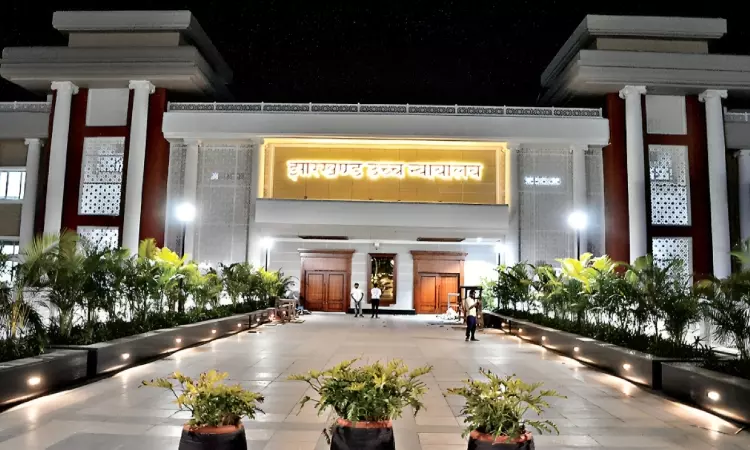The General Body of the Advocates' Association, Jharkhand convened a meeting on February 21, 2025 and unanimously passed two resolutions addressing concerns related to the judicial practice of passover of cases and adjournments in the Jharkhand High Court. The resolutions, adopted after detailed deliberations, highlight difficulties faced by advocates and litigants due to inconsistent...

